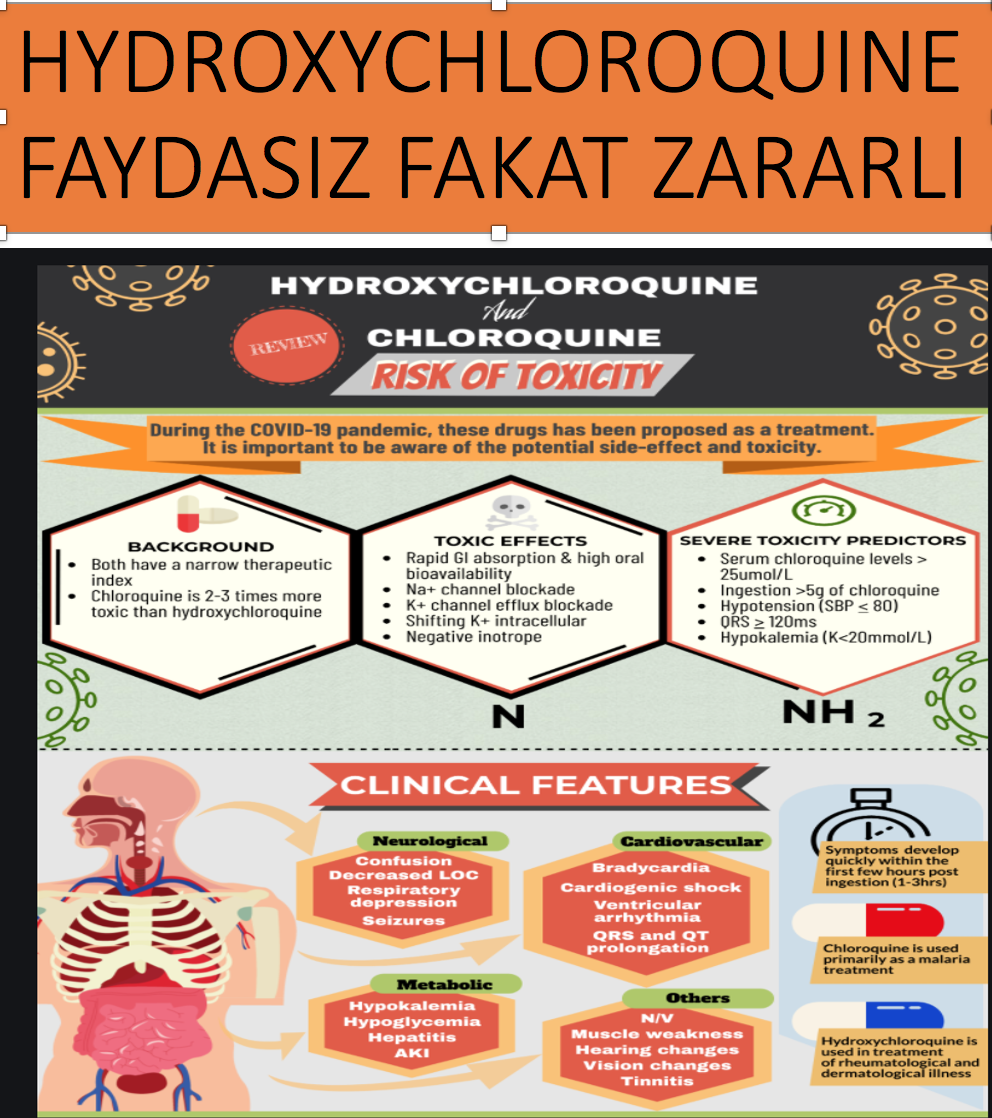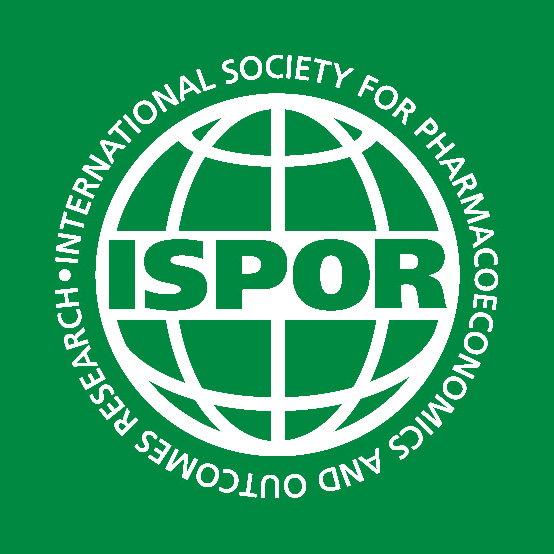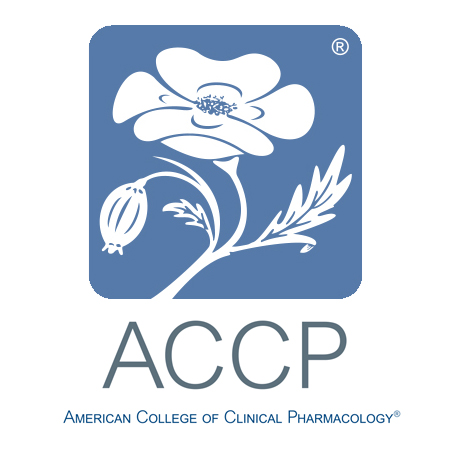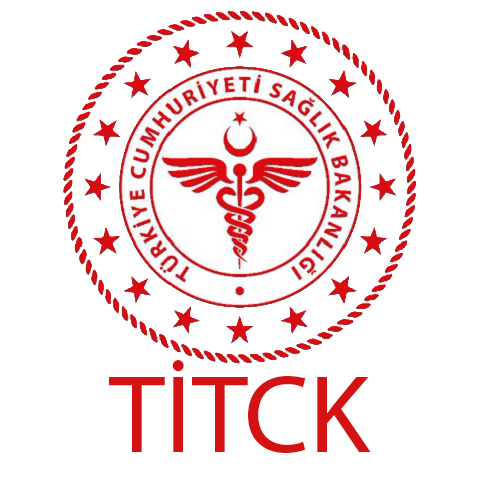
ABD DE 1438 KİŞİ ÜZERİNDE YAPILAN ÇALIŞMADA HYDROXYCHLOQUINE VEYA AZİTROMİSİNİN COVID HASTALARININ HASTANE ÖLÜMLERİNDE BİİR FAYDASI OLMADIĞI BİR KERE DAHA GÖSTERİLDİ
Association of Treatment With Hydroxychloroquine or Azithromycin With In-Hospital Mortality in Patients With COVID-19 in New York State
Eli S. Rosenberg, PhD1; Elizabeth M. Dufort, MD2; Tomoko Udo, PhD1; et alLarissa A. Wilberschied, MS2; Jessica Kumar, DO2; James Tesoriero, PhD2; Patti Weinberg, PA3; James Kirkwood, MPH2; Alison Muse, MPH2; Jack DeHovitz, MD3,4; Debra S. Blog, MD2; Brad Hutton, MPH2; David R. Holtgrave, PhD1; Howard A. Zucker, MD2
JAMA. Published online May 11, 2020. doi:10.1001/jama.2020.8630
Key Points
Question Among patients with coronavirus disease 2019 (COVID-19), is there an association between use of hydroxychloroquine, with or without azithromycin, and in-hospital mortality?
Findings In a retrospective cohort study of 1438 patients hospitalized in metropolitan New York, compared with treatment with neither drug, the adjusted hazard ratio for in-hospital mortality for treatment with hydroxychloroquine alone was 1.08, for azithromycin alone was 0.56, and for combined hydroxychloroquine and azithromycin was 1.35. None of these hazard ratios were statistically significant.
Meaning Among patients hospitalized with COVID-19, treatment with hydroxychloroquine, azithromycin, or both was not associated with significantly lower in-hospital mortality.
Abstract
Importance Hydroxychloroquine, with or without azithromycin, has been considered as a possible therapeutic agent for patients with coronavirus disease 2019 (COVID-19). However, there are limited data on efficacy and associated adverse events.
Objective To describe the association between use of hydroxychloroquine, with or without azithromycin, and clinical outcomes among hospital inpatients diagnosed with COVID-19.
Design, Setting, and Participants Retrospective multicenter cohort study of patients from a random sample of all admitted patients with laboratory-confirmed COVID-19 in 25 hospitals, representing 88.2% of patients with COVID-19 in the New York metropolitan region. Eligible patients were admitted for at least 24 hours between March 15 and 28, 2020. Medications, preexisting conditions, clinical measures on admission, outcomes, and adverse events were abstracted from medical records. The date of final follow-up was April 24, 2020.
Exposures Receipt of both hydroxychloroquine and azithromycin, hydroxychloroquine alone, azithromycin alone, or neither.
Main Outcomes and Measures Primary outcome was in-hospital mortality. Secondary outcomes were cardiac arrest and abnormal electrocardiogram findings (arrhythmia or QT prolongation).
Results Among 1438 hospitalized patients with a diagnosis of COVID-19 (858 [59.7%] male, median age, 63 years), those receiving hydroxychloroquine, azithromycin, or both were more likely than those not receiving either drug to have diabetes, respiratory rate >22/min, abnormal chest imaging findings, O2 saturation lower than 90%, and aspartate aminotransferase greater than 40 U/L. Overall in-hospital mortality was 20.3% (95% CI, 18.2%-22.4%). The probability of death for patients receiving hydroxychloroquine + azithromycin was 189/735 (25.7% [95% CI, 22.3%-28.9%]), hydroxychloroquine alone, 54/271 (19.9% [95% CI, 15.2%-24.7%]), azithromycin alone, 21/211 (10.0% [95% CI, 5.9%-14.0%]), and neither drug, 28/221 (12.7% [95% CI, 8.3%-17.1%]). In adjusted Cox proportional hazards models, compared with patients receiving neither drug, there were no significant differences in mortality for patients receiving hydroxychloroquine + azithromycin (HR, 1.35 [95% CI, 0.76-2.40]), hydroxychloroquine alone (HR, 1.08 [95% CI, 0.63-1.85]), or azithromycin alone (HR, 0.56 [95% CI, 0.26-1.21]). In logistic models, compared with patients receiving neither drug cardiac arrest was significantly more likely in patients receiving hydroxychloroquine + azithromycin (adjusted OR, 2.13 [95% CI, 1.12-4.05]), but not hydroxychloroquine alone (adjusted OR, 1.91 [95% CI, 0.96-3.81]) or azithromycin alone (adjusted OR, 0.64 [95% CI, 0.27-1.56]), . In adjusted logistic regression models, there were no significant differences in the relative likelihood of abnormal electrocardiogram findings.
Conclusions and Relevance Among patients hospitalized in metropolitan New York with COVID-19, treatment with hydroxychloroquine, azithromycin, or both, compared with neither treatment, was not significantly associated with differences in in-hospital mortality. However, the interpretation of these findings may be limited by the observational design
JAMA MAKALESİ







